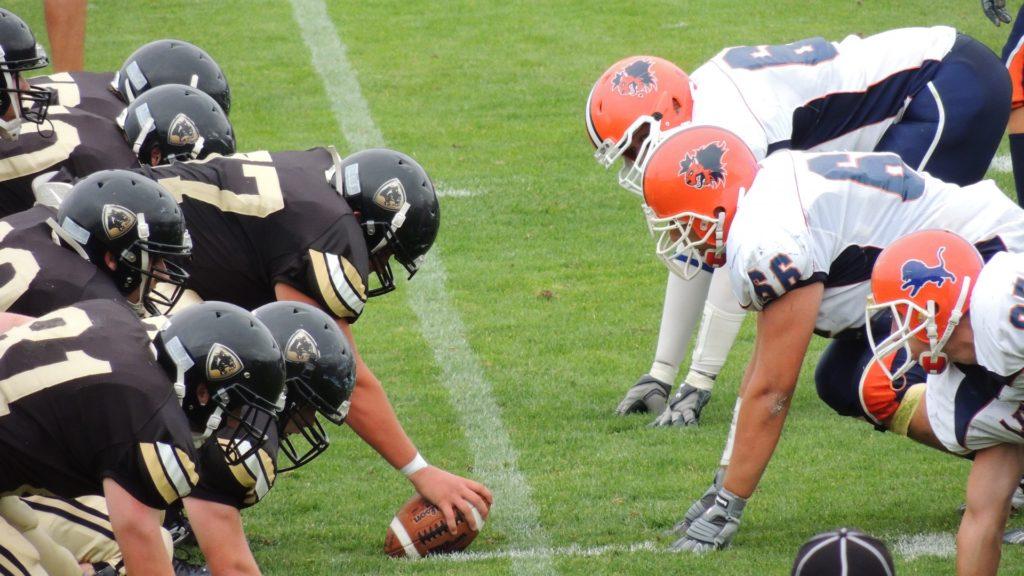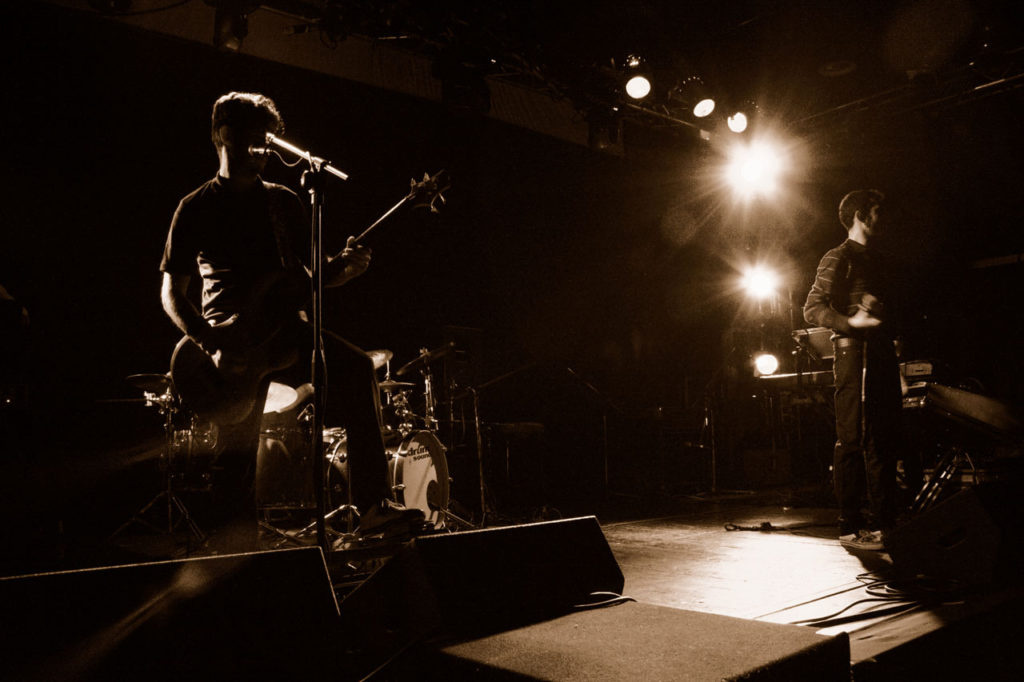
By Ariba Khan, staff writer
The start of this year’s NFL season brought massive buzz to the internet. The most discussed topic about football this year is not about the best team or the rivalries, rather it’s all about who is taking the knee during the national anthem. This discussion started in 2016 with Colin Kaepernick, who explained his actions as a protest against the oppression people of color face in the United States. From then on, some players and teams followed suit, while others expressed distastes for the protest. Most notably and recently being Donald Trump who sounded off on Twitter, “If NFL fans refuse to go to games until players stop disrespecting our country, you will see change take place fast. Fire or suspend!” His remarks sparked some justified anger throughout country. After all, kneeling during the national anthem is just a person exercising their freedom of expression. The problem with people who are against this is their misguided placement of error. Trump should not be angry about this movement as it does nothing to harm anyone, rather he should, at the least, attempt to understand the injustices plaguing African Americans and other minorities that propel them to protest in this manner even if their job is on the line, like what Kaepernick did.
In schools, a similar dilemma emerged regarding the requirement (or lack thereof) for students to stand for the Pledge of Allegiance. In a similar tone to the football case, the question of freedom of speech in contradiction to a person’s nationalistic pride is brought up. However, the case of the matter still remains the same — it should be a personal choice that is not repressed. If students since the age of four can stand up every morning to pledge their undying allegiance to the country, the flag, and God before they even understand the meanings behind the words they spew out, then they should also have the right and choice to sit out, regardless of reason. The case first that brought up the matter was the West Virginia State Board of Education v. Barnette, 319 U.S. 624 (1943). In that case, the Supreme Court struck down a resolution that allowed schools to expel students who refused to stand for the Pledge of Allegiance on the basis that refusing to stand constituted an act of insubordination. The Court held that forcing students to stand for the Pledge constituted compelled speech and violated the First Amendment.
The public afterwards soon forgot about the ordeal, but then why did the current outrage against football players occur when they decided to protest. If the courts themselves claim that the refusal to stand during the pledge for students is their first amendment right, then there should be no reason why politicians should look at football players utilizing their rights as a personal offense. Perhaps the context is different with the football situation comparatively to students. After all, the issue with NFL players occurred during heightened racial tensions in the U.S. after Donald Trump was elected president. It seems as if the American people have become extremely sensitive to any display of internal turmoil especially when presented by minorities. The platform football players hold as celebrities has to reach greater public audience than students in a unknown public school would. The probable media buzz threatens conservatives because the awareness may bring about a change they fear. Perhaps the courts should clarify verbatim that a person’s right to protest includes their right to kneel during the pledge, so that people like Kapernick can have justice.





























